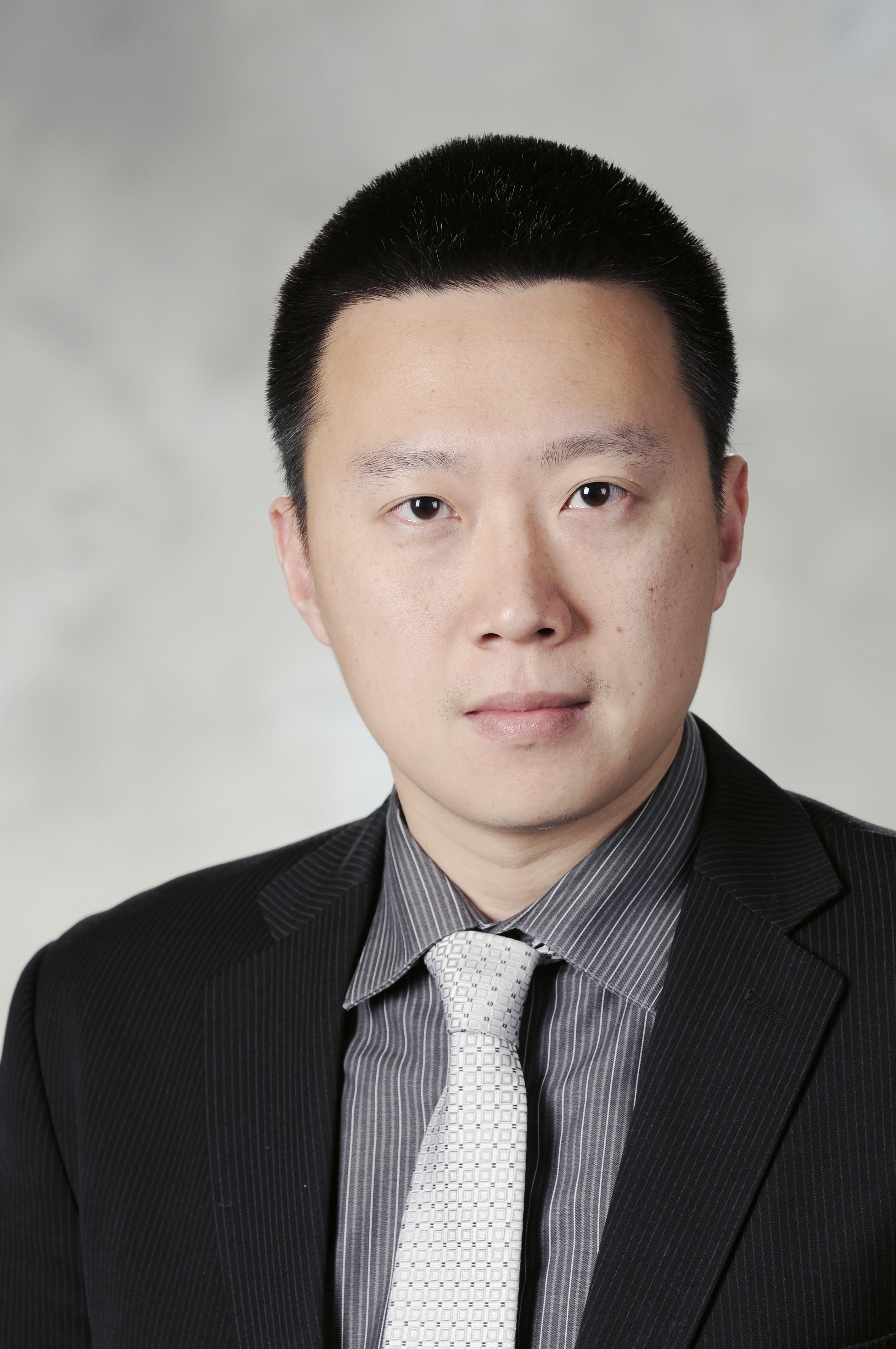
ECE Assistant Professor Hua Wang has received a DARPA Young Faculty Award (YFA) for his research project entitled “MAXIMA: Multi-Mode Hybrid Power Amplifier with EXtreme Instantaneous Bandwidth and Recursive Scalable Marchand-Doherty Load ModulAtion Network.”
Body
Hua Wang has received a DARPA Young Faculty Award (YFA) for his research on mm-Wave power amplifiers with extreme bandwidth and energy efficiency.
A member of the Georgia Tech School of Electrical and Computer Engineering faculty since 2012, Wang holds the Demetrius T. Paris Junior Professorship and leads the Georgia Tech Electronics and Micro-System (GEMS) Lab. He has also received multiple prestigious academic awards, including the IEEE MTT-S Outstanding Young Engineer Award in 2017, Georgia Tech Sigma Xi Young Faculty Award in 2016, National Science Foundation (NSF) CAREER Award in 2015, Roger P. Webb ECE Outstanding Junior Faculty Member Award in 2015, and Lockheed Dean’s Excellence in Teaching Award in 2015, as well as many best paper awards in the field of solid-state circuits, systems, and microwave engineering. Wang is also a Distinguished Lecturer for the IEEE Solid-State Circuits Society for 2018 and 2019.
As millimeter-wave frequency applications have become prevalent in the commercial and Department of Defense markets, there is a rapidly growing need for advanced millimeter-wave solid-state power amplifier technologies that can support high energy efficiency, sufficient output power, and high-speed complex modulations. Moreover, high-efficiency amplifiers covering extremely wide bandwidth have become a necessity, particularly for frequency-agile massive Multiple-Input-Multiple-Output (MIMO) systems, such as multi-standard 5G wireless communication.
In this project, Wang will lead the fundamental research on a completely new class of extremely-wideband-yet-efficient power amplifiers over the frequency range of 30-100GHz. The key technology innovations include novel amplifier circuit topologies, hybrid use of silicon/non-silicon solid-state devices, and multi-mode amplifier operations.
This project will potentially achieve a new class of load modulation power amplifiers with an unprecedented combination of bandwidth, energy efficiency, and output power. Such amplifier technologies will eventually enable true “common-module front-ends” for reconfigurable transmitters and MIMO systems with "full-spectrum access" and digital beam-forming for wireless communication, radar, imaging, and spectrum sensing applications.
